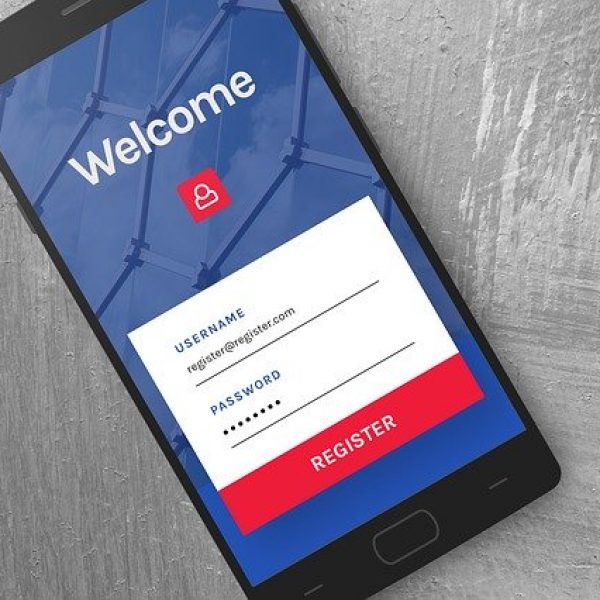In the dynamic landscape of Human Resources (HR), empathy emerges as a cornerstone for effective business partnering. It goes beyond mere understanding; it’s about genuinely connecting with employees and stakeholders. Empathy breeds trust, fosters collaboration, and drives organisational success. Here are seven sure-fire quick strategies to infuse empathy into your HR business partnering approach:
1. Listen with Intent
Action:
Actively listen to employees’ concerns, ideas, and feedback without interrupting. This means giving your full attention, acknowledging their emotions, and seeking to understand their perspective.
Reflection Question:
How can I ensure that I’m truly listening, rather than just waiting for my turn to speak? Reflect on your listening habits and identify any distractions or biases that may hinder your ability to listen effectively.
2. Understand Diverse Perspectives
Action:
Take time to understand the unique perspectives and experiences of different individuals or groups within the organization. This involves stepping outside of your own perspective and actively seeking out diverse viewpoints.
Reflection Question:
How can I incorporate diverse perspectives into decision-making processes? Consider how you can integrate diverse viewpoints into your decision-making frameworks to ensure more comprehensive and inclusive outcomes.
3. Communicate with Compassion
Action:
Communicate with empathy, considering the emotions and perspectives of others. Use language that is respectful, supportive, and sensitive to the feelings of those you are communicating with.
Reflection Question:
How can I adapt my communication style to better resonate with different personality types? Reflect on the communication preferences and styles of different individuals and explore ways to tailor your approach to better connect with them.
4. Provide Supportive Feedback
Action:
Offer constructive feedback in a supportive and encouraging manner, focusing on growth and development. Highlight strengths, provide specific examples, and offer actionable suggestions for improvement.
Reflection Question:
How can I ensure that my feedback is both honest and empathetic? Consider how you can balance honesty with empathy in your feedback delivery, ensuring that it is constructive and well-received.
5. Empower through Coaching
Action:
Provide coaching and mentorship opportunities to empower employees to reach their full potential. Offer guidance, encouragement, and resources to support their professional growth and development.
Reflection Question:
How can I tailor my coaching approach to meet the individual needs and goals of each employee? Reflect on the unique strengths, challenges, and aspirations of each employee and adapt your coaching approach accordingly.
6. Foster a Culture of Inclusivity
Action:
Champion diversity and inclusion initiatives within the organisation, ensuring that all voices are heard and valued. Create opportunities for collaboration, celebrate differences, and actively challenge biases and stereotypes.
Reflection Question:
What steps can I take to create a more inclusive and equitable work environment? Reflect on your role in fostering inclusivity within your team or organisation and identify actionable steps to promote a culture of belonging and respect.
7. Lead by Example
Action:
Demonstrate empathy in your actions and decision-making processes, inspiring others to do the same. Model inclusive behaviours, actively listen to others, and show genuine care and concern for the well-being of your colleagues.
Reflection Question:
How can I continuously cultivate empathy as a core leadership trait? Reflect on your leadership style and identify opportunities to further develop your empathy skills through ongoing learning, self-reflection, and practice.
By incorporating these strategies into your HR business partnering playbook, you can foster a culture of empathy – driving employee engagement, enhancing collaboration, and ultimately contributing to your success and the success of your team. Remember, empathy is not just a skill; it’s a mindset—a continued commitment to understanding, connecting, and supporting others on their journey. As HR professionals, we are fortunate to have the unique opportunity to impact others through empathy, shaping a workplace where everyone feels valued, respected, and empowered to thrive. If you want to delve deeper into how empathy can revolutionise your team’s approach to business partnering, talk to us about our Business Partnering IMPACT Program.

